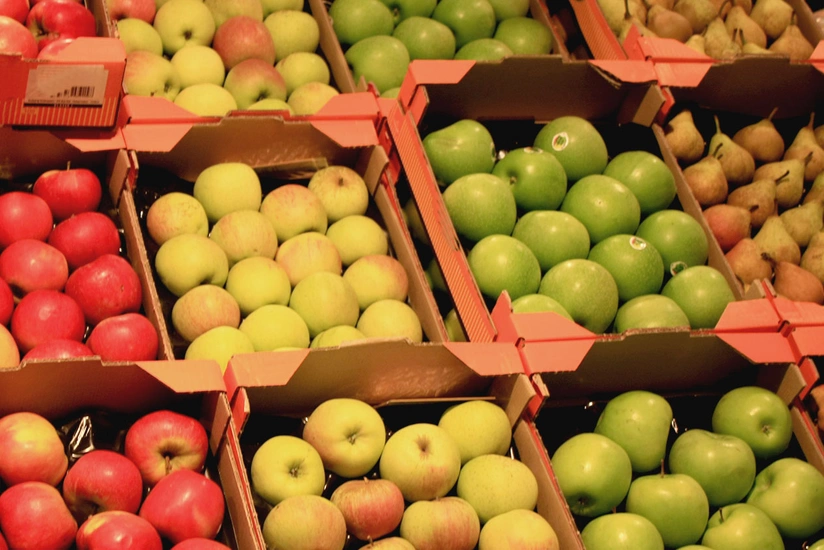Scientists prove benefits of apples for brain
- 12 February, 2021
- 11:22

According to a new study in mice, naturally occurring phytonutrient compounds found in apples and other fruits stimulate the production of new brain cells, which, according to scientists, help improve memory and cognitive function, Report informs with reference to an article published in Stem Cell Reports magazine.
It was previously known that chemicals found in plants - so-called phytonutrients such as resveratrol in red grapes or epigallocatechin-3-gallate (EGCG) in green tea - have positive effects on various organs, including the brain.
Australian scientists from the University of Queensland, along with colleagues from the German Center for Neurodegenerative Diseases (DZNE) in Dresden, have found that high concentrations of some phytonutrients stimulate neurogenesis - the process of generating new neurons in the brain.
Their research showed that the brain stem cells of an adult mouse, grown in the laboratory, generated more neurons and were better protected from death if quercetin or dihydroxybozoic acid (DHBA), phytonutrients found in apples, were added to the cell cultures.
In subsequent tests on mice, the researchers found that the precursor cells of the hippocampus in adult animals’ brain associated with learning and memory, were especially actively multiplying and generating more neurons.
The effects of quercetin and DHBA on the generation of new neurons were comparable to those seen after exercise, a well-known stimulus for neurogenesis.
The authors suggest that other natural fruit compounds, when administered in high concentrations, have a beneficial effect on brain activity. This effect is likely to be enhanced when they are used together.
